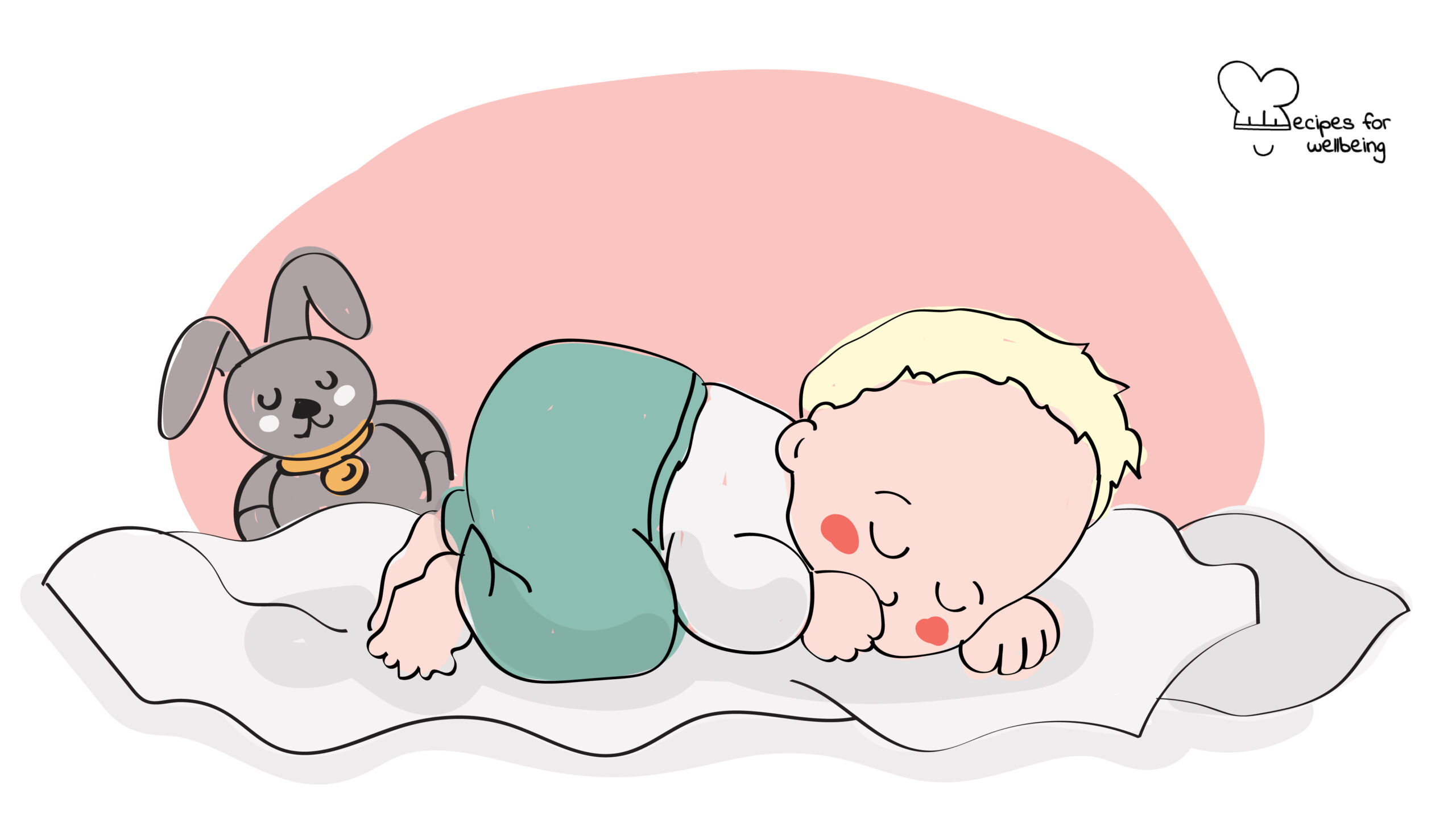
Sleeping well
The best bridge between despair and hope is a good night’s sleep. ―Cossman
 Serves: 1 person
Serves: 1 person
 Difficulty: Medium
Difficulty: Medium
 Total time: Ongoing
Total time: Ongoing
 Ingredients: Bed
Ingredients: Bed
 Wholebeing Domains: Digital Consciousness, Positive Emotion, Rest
Wholebeing Domains: Digital Consciousness, Positive Emotion, Rest
 Wholebeing Skills: Calm, Digital disconnection, Liberation, Non-performing, Relaxation, Sleep, Slowing down
Wholebeing Skills: Calm, Digital disconnection, Liberation, Non-performing, Relaxation, Sleep, Slowing down

Sleeping well
 Description
Description
Tips for a good night’s sleep.
Getting enough quality sleep is one of the most effective performance-enhancing tools in your toolbox. But sleeping well is something many changemakers struggle with. Here are four steps to help you get a good night’s sleep, courtesy of the Athlete Learning Gateway by the International Olympic Committee.
Still struggling to sleep? Check out our recipe “CBT strategies to help you sleep” for additional informal and self-initiated sleep support.
 Steps
Steps
Step 1 – Create a routine
Falling asleep is easier if a pattern of going to sleep at a regular time has already been established. Take extra care not to do anything that might disturb sleep later – like eating a heavy meal too late or consuming too much caffeine.
Step 2 – Avoid technology
Don’t use items such as mobiles or laptops within an hour of going to sleep – the brightness of the screens can increase your brain alertness and consequently impact the quality of your sleep. You could do some gentle stretching or reading a book to focus your mind and reduce any anxiety.
Step 3 – Try to switch off
Set aside some time in the early evening to get everything ready and to review your performance worries for no longer than 15-30 minutes; then stop. If you find yourself returning to the subject in bed – just tell yourself that you’ve “done that” – and move on.
Step 4 – Stop worrying
If you worry your brain is going to alert itself to a problem out there, it will try to keep you awake. Try not to underestimate the consequence of delayed sleep. Getting less sleep (or poor-quality sleep) before any major event is normal – but in itself, it is likely to affect performance.


 Arabic
Arabic Chinese (Simplified)
Chinese (Simplified) Dutch
Dutch English
English French
French German
German Italian
Italian Portuguese
Portuguese Russian
Russian Spanish
Spanish